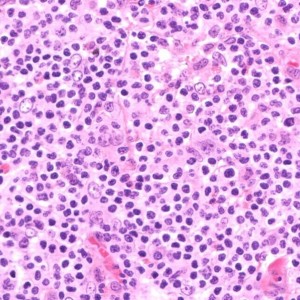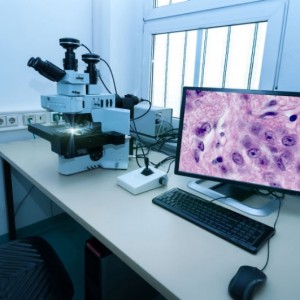For Patients
Diagnosing and treating T-cell leukemias and lymphomas are extensive, multi-faceted processes, so it's easy to appreciate how difficult it may be for a patient to understand their disease and treatment options. Here you can find details outlining the diagnosis process, the various different subtypes of T-cell lymphomas and the multiple methods available for treating them.

 Join our mailing list.
Join our mailing list.

 Read More
Read More




